Life
Sign up for our newsletter
We summarize the week's scientific breakthroughs every Thursday.
-
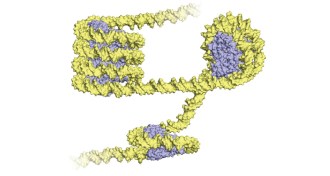 Genetics
GeneticsThe first look at how archaea package their DNA reveals they’re a lot like us
Archaea microbes spool their DNA much like plants and animals do.
-
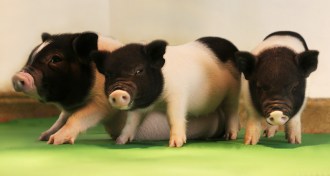 Genetics
GeneticsGene editing creates virus-free piglets
Pigs engineered to lack infectious viruses may one day produce transplant organs.
-
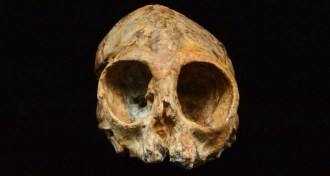 Anthropology
AnthropologyInfant ape’s tiny skull could have a big impact on ape evolution
Fossil comes from a lineage that had ties to the ancestor of modern apes and humans, researchers argue.
By Bruce Bower -
 Animals
AnimalsA lot of life on planet Earth is awful and incredible
Acting Editor in Chief Elizabeth Quill discusses how the natural world feeds our sense of wonder.
-
 Animals
AnimalsReaders fascinated by critters’ strange biology
Readers responded to fish lips, monkey brains, sunless tanner and more.
-
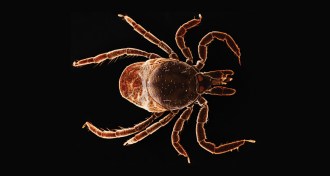 Animals
AnimalsTicks are here to stay. But scientists are finding ways to outsmart them
Researchers acknowledge that there’s no getting rid of ticks, so they are developing ways to make them less dangerous.
By Susan Milius -
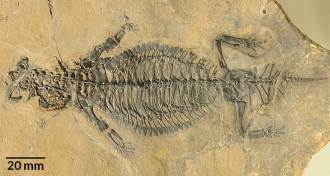 Animals
AnimalsFossil find suggests this ancient reptile lurked on land, not in the water
An exquisitely preserved fossil shows that an ancient armored reptile called Eusaurosphargis dalsassoi wasn’t aquatic, as scientists had suspected.
-
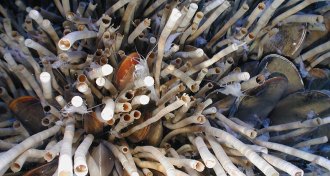 Animals
AnimalsThese record-breaking tube worms can survive for centuries
Deep-sea tube worms can live decades longer than their shallow-water counterparts.
-
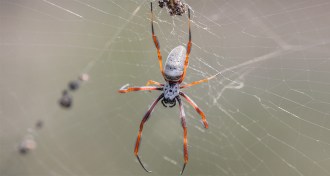 Animals
AnimalsHow spiders mastered spin control
Scientists reveal a new twist on the unusual properties of spider silk.
-
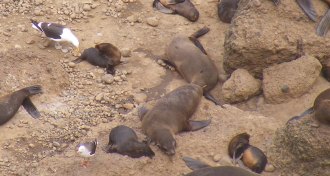 Animals
AnimalsOne creature’s meal is another’s pain in the butt
Kelp and dolphin gulls in Patagonia have found a new food source. But they accidentally injure fur seal pups to get it.
-
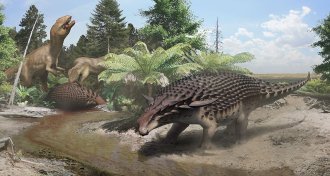 Paleontology
PaleontologyGiant armored dinosaur may have cloaked itself in camouflage
An armored dinosaur the size of a Honda Civic also wore countershading camouflage, a chemical analysis of its skin suggests.
-
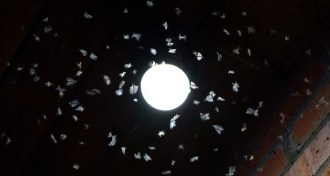 Life
LifeLight pollution can foil plant-insect hookups, and not just at night
Upsetting nocturnal pollinators has daylight after-effects for Swiss meadow flowers.
By Susan Milius